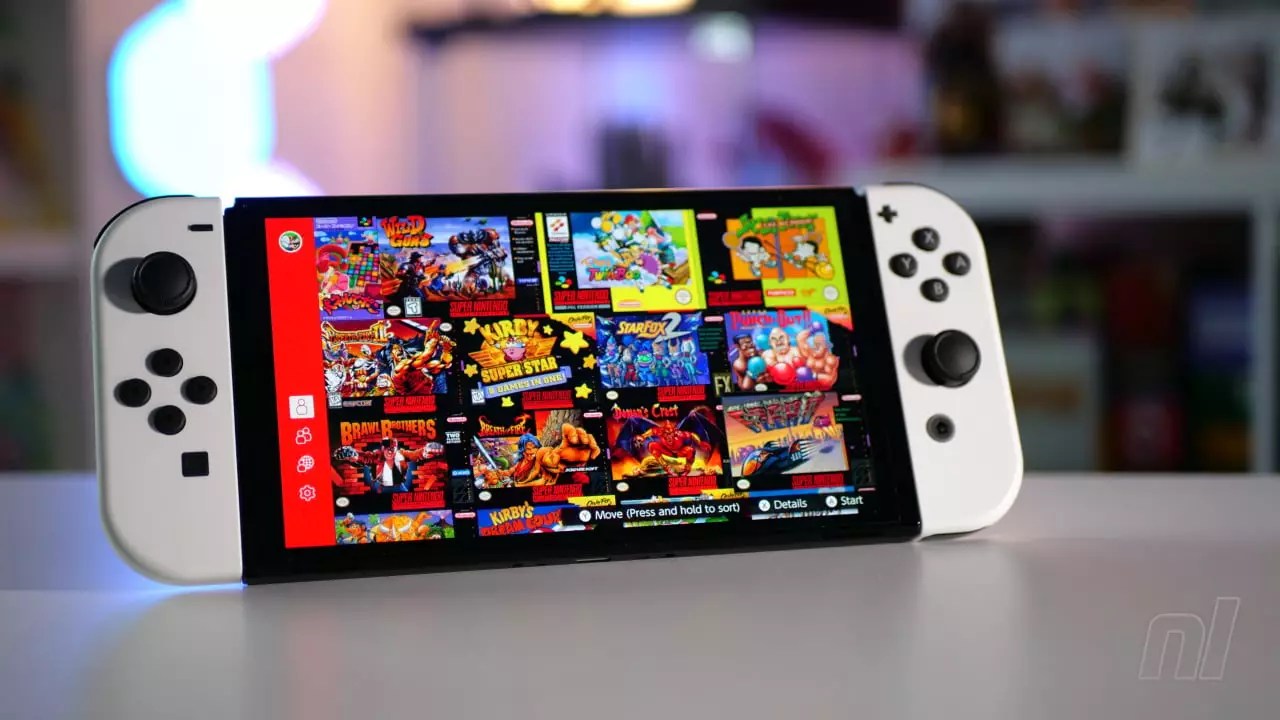As Nintendo ramps up its efforts to bolster its diverse gaming portfolio, avid fans are met with bittersweet news: the classic game Super Soccer is set to be removed from the Nintendo Switch Online library. Originally launched on the Super Nintendo in 1991, Super Soccer—known as Super Formation Soccer in Japan—captivated audiences with its innovative 3D perspective, allowing players to view the action from behind the goal. With the ability to choose from 16 teams, each boasting unique players and strategies, this title appealed to both casual fans and hardcore soccer enthusiasts alike.
Nintendo’s decision to remove Super Soccer on March 27, 2025, has sent ripples through the gaming community. What was once a staple for subscribers is now relegated to the annals of the past, underscoring the transitory nature of digital gaming content. As the clock ticks down, it’s a race against time for gamers who wish to revisit—or experience for the first time—this engaging sports title.
The Challenge of Digital Nostalgia
One of the core issues that confronts modern gaming is the fleeting availability of classic titles on subscription services. While Nintendo has worked diligently to provide a robust library through Switch Online, with recent additions such as Mario’s Picross and Donkey Kong for Game Boy, the removal of beloved games can leave a sour taste. It raises the question: what does it mean for a game to be “classic” in the digital era? Unlike physical copies that reside safely on shelves, digital titles are subject to the whims of service providers.
The nostalgia attached to games like Super Soccer is potent—yet, since these experiences can vanish at any moment, an anxiety permeates the community. The desire to preserve not just access but the cultural heritage encapsulated in these games becomes paramount. Therefore, as Nintendo pulls Super Soccer, players are prompted to reflect on their experiences within the ever-shifting landscape of gaming.
What’s Next for Nintendo Switch Online?
Nintendo’s approach to reconfiguring its online library is a double-edged sword. On one side, it signals a refreshing approach in presenting new titles and engaging gameplay experiences, such as the newly integrated Koei SNES games. On the other, it hints at a troubling trend; the absence of clear communication about whether Super Soccer will return leaves many feeling unsettled. Gamers have invested time grinding through levels, forming strategies, and rekindling cherished memories only to see these digital treasures vanish into thin air.
As Nintendo navigates these changes, it must balance innovation with the commitment to preserving its rich gaming legacy. The discussion surrounding Super Soccer’s upcoming removal reflects broader concerns about digital access and permanence in gaming. Will the company strive for a middle ground between introducing new content while respecting the classics that laid the groundwork for future successes? For devoted fans, the hope remains that Nintendo will find a way to honor its past while paving the way for exciting future endeavors.
In the end, as the countdown continues, one must weigh their access to nostalgia against the inevitability of change. Super Soccer’s farewell may be just one of many that challenge our relationship with digital games as we brace for a future that holds both promise and uncertainty.


Leave a Reply